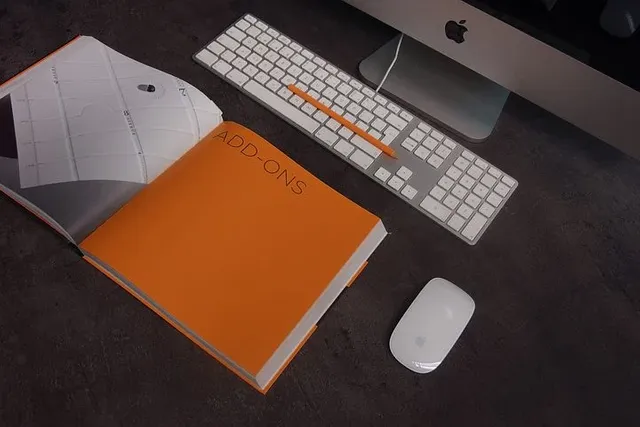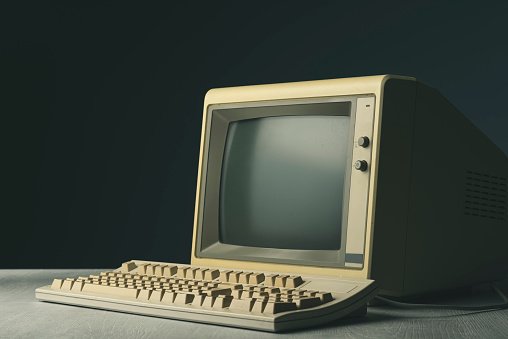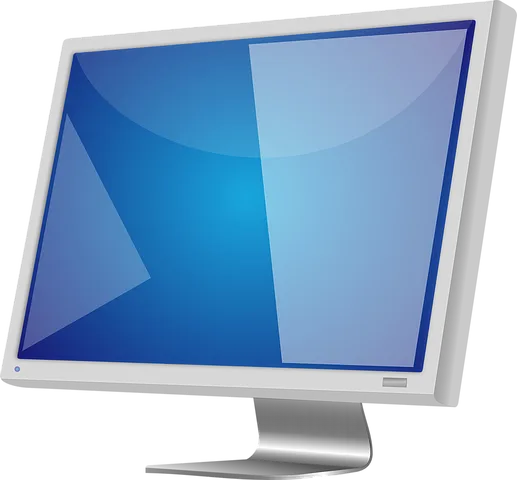Computer.
A computer is a device that can be programmed to follow a complete set of instructions in mathematical or logical domains. The computer works in sequence according to the instructions, and these instructions can be changed when needed, giving the computer the ability to solve common problems in nature rather than the specific ability.
Computers can operate on mechanical or electrical principles and components. A computer is usually a processing unit that remembers to store logical or mathematical operations and instructions.
More about analog computers
Analog Computers.
In analog computers, continuous physical property is used to solve the problem. The development of analog computers dates back thousands of years in human history. The oldest known analog computer man is the antiquity machine which is the instrument used to measure the digging places and its rate is 100 bb. Astrolabes and slide rules are also examples of compliant computers.
Analog computers expanded their reach in the late 18th and early 19th centuries, where the technological revolution affected many angle computing devices. In WWII, new analog computers were used to help encrypt and round fire.
Gigital Computer.
Electronically operated digital computers use the intensity of constant electrical signals such as voltage, current and operational signal frequency and are included in circuits built with operational amplifiers, capacitor resistors and fixed art generators. These circuits demonstrated symmetry, integration with time, inversion, multiplication, seizure, cost, and distribution as the basic mathematical operation to achieve high order results as output.
Even to this day, analog computers are used, but mainly for easier work due to cost factors.
More about digital computers More about digital computers
Digital computers operate using discrete electrical signals instead of continuous electrical signals and have become the most important form of computers nowadays due to their stability and power. The first electronic digital computer was developed in Britain and the United States in the early 1940's. They were large machines that used electrical power extensively and were therefore expensive and mechanical computers took advantage of digital computers.
When small computers were built, machines were designed for specific tasks, so there was a lack of abundance. With the development of simulator technology, the building blocks of large computers were replaced with smaller Low-power equipment and digital computers developed rapidly from there.
Modern digital computers.
Modern digital computers are built using integrated circuits, in which the components in a small silicon fragment measuring millions of meters in size do not exceed thumbnails, then a sculpture of several thousand computers built in the early 20th century. With power. Therefore, digital computers are used for solving or all modern aspects of computin.
dispute linking analog and digital computers?

Pixabay
Analog computers operate on a constant physical property measurement so most of the operating time is linear and continuous, while digital computers use abnormal electrical signals with two forbidden states.
• Analog computers may not be remembered at all, while digital computers certainly require memory for its operation.
Analog computers run digital computers among themselves.
• Analog computers provide accurate positioning results while digital computers lose accuracy in operation due to the awful nature of the signal.






http://computerinternetit.blogspot.com
Downvoting a post can decrease pending rewards and make it less visible. Common reasons:
Submit